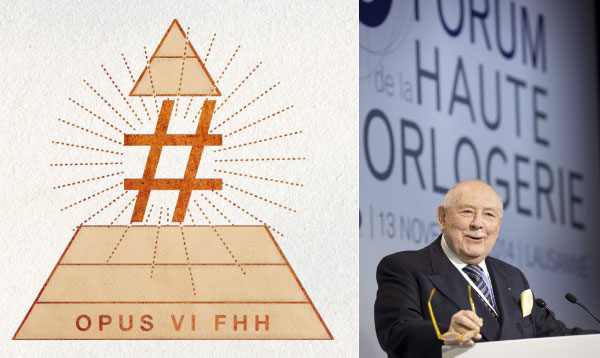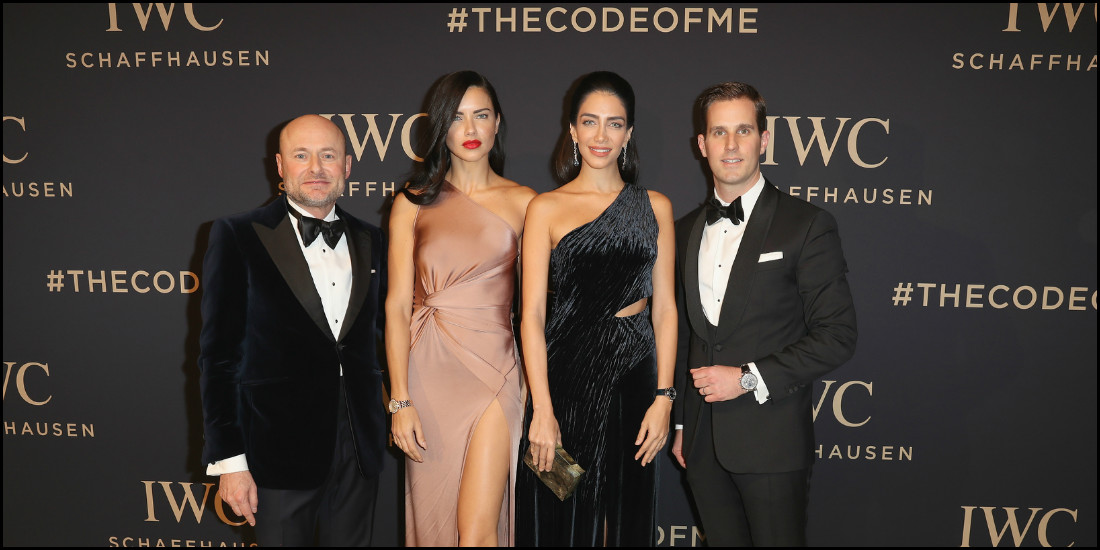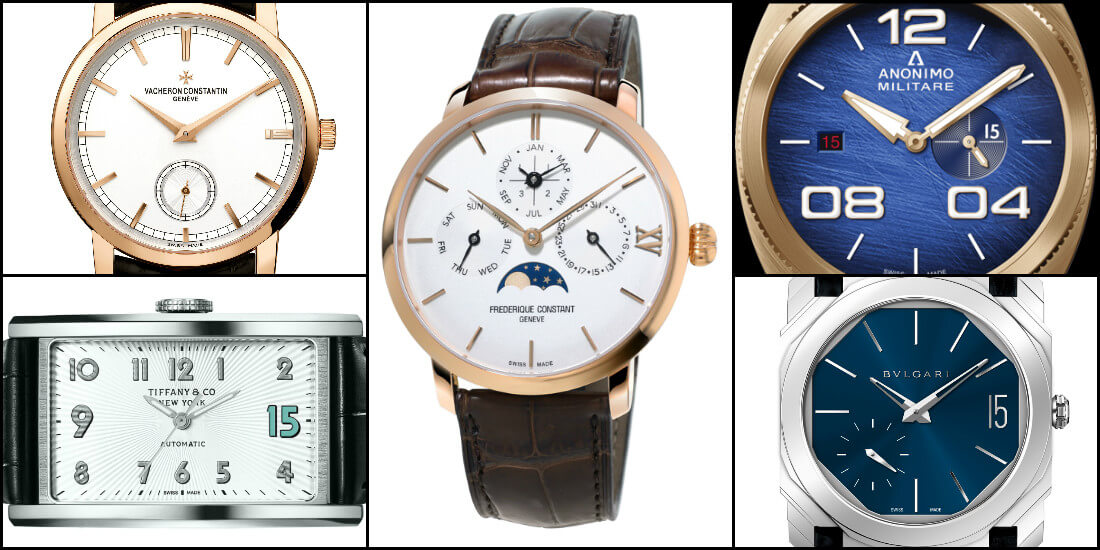
A fervent advocate of hybrid culture and planet-wide luxury, founder of Richemont’s Creative Academy and Chairman of the FHH Cultural Council, Franco Cologni adopted a humorous stance by comparing his introduction to the prologue of the clown-actor (the buffone character) in 17th century Commedia dell’Arte. In a deliberately provocative statement, the former head of Cartier said that the six years of the Forum had witnessed as many changes on earth as the 60 previous years. With all the wisdom of his 80 years, Franco Cologni compared and contrasted the modus operandi of “old people”, based on elitism, hierarchy and structuralism, with that of “young people”, which centers on interactivity and networking.
Using Internet
In his view, ascension, education, interaction and motivation are the “open sesames” that brands should consider in order for young people’s values to match those of luxury. Applying technology to nurturing dialogue and participation, promoting cultural content and the beauty of objects, fostering the ascension of the individual as a person also identifiable by a style, are just some of the avenues to be explored in this respect. Diana Verde Nieto, co-founder of the Positive Luxury agency, certainly agreed with this vision. According to her, any purchase by Millennials (the generation that has not experienced a world without Internet) implies a first stop on Google which will direct them towards “who, when, how and why” before shaping their decisions. Millennials take advice from the web, garner a lot of information on websites, want to know the origin of the goods and services they consume, the people who develop them, and do a lot of research before actually making a purchase. In the watchmaking field, sites recognized for their expertise such as worldtempus.com thus play a substantial role as prescribers. Representing the sixth generation of the Hermès family, Axel Dumas pointed out that communication should also make us dream, by explaining how the brand he currently heads had managed to remain its contemporary relevance across each successive era since 1837.
Slow thinking
For the charismatic boss of a brand fiercely attached to its independence (“and thus its freedom”) such as Hermès, families just like societies and generations must nurture a joint project that drives each of its members and welds them all together. Axel Dumas also advocates ensuring a geographical balance of activities as well as the right spread between specialized fields (the famous Hermès métiers), since “one never knows what tomorrow may bring”. Quality is a guarantee of durability and must take precedence over financial results ; money must be a means and not an end, and action must be geared towards the long term. “I am working for the next generation”, he explained when commenting on Hermès recent involvement in the launch of a brand in China based on cooperation with local artisans – even specifying that “we are giving ourselves 20 years before reviewing achievements”. The author of books such as In Praise of Slow and The Slow Fix, Carl Honoré referred to some of the industrial giants who are encouraging their troops to slow down – in order to reach their goals faster. Already back in 1917, Russian poet and novelist Boris Pasternak said : “in an epoch of speed, one must think slowly”. The slow movement enthusiast therefore listed the virtues of “better rather than fast” when it comes to professional performance, as well as health and personal relations, evoking the 21-minute naps recommended by the NASA and the beneficial effects of meditation that include increasing the number of folds in the cerebral cortex, which in turn helps process information faster… Author and philosopher Frédéric Lenoir certainly did not contradict this approach, instead emphasizing that contemporary scientists have in fact proved what wise men claimed 2,500 years ago with regard to the sense of well-being experienced by those who took time to savor life’s small pleasures. It turns out that the brain of a person who is attentive and focused on the task in hand generates serotonin and other substances that stimulate neurotransmitters.
Happiness within reach… for which individuals ?
As Stéphane Garelli, professor of world competitiveness at IMD pointed out, “our needs are limited but are desires are boundless”, also alluding to the change in the behavior patterns of consumers who no longer buy out of need but instead of desire. Frédéric Lenoir observed that already back in the age of the Greek philosophers, the latter were concerned with how to transform pleasures into happiness. All too often today, the quest for intense pleasure leads to frustration, since desire all too often proves merely mimetic and utterly insatiable. How might these immediate satisfactions give way to a state enabling us to achieve serenity independently of external stimulations ? According to the Epicureans, it was important to limit pleasures, the better to savor them. Advocating moderation meant that happiness could be forged in a reasonable, moderate manner. With the Renaissance and Spinoza, for whom joie de vivre was not incompatible with fairness and equilibrium, the key to happiness lay in self-knowledge ; being happy implied working on one’s inner being. Asian wisdom concurs with Greek philosophy in claiming that both happiness and unhappiness are within us. Controlling emotions and thoughts so as to react in the appropriate manner means becoming responsible for one’s personal happiness. Taoists aspired to flexibility to be happy, adapting their attitudes and moving in step with life’s motion. By way of conclusion, Frédéric Lenoir advised handling choices carefully to avoid being unhappy, aspiring to happiness while accepting that one may not achieve it. And in an environment described by Stéphane Garelli as ever more complex, more volatile and involving an ever-greater number of stakeholders from emerging economies, one has to face that possibility. With calculation methods constantly evolving, the former managing director of the World Economic Forum insisted on the need to believe in our own intuitions, even humorously comparing economic growth to the way a donkey moves : slow, then fast, then slow again, for totally inexplicable reasons !






